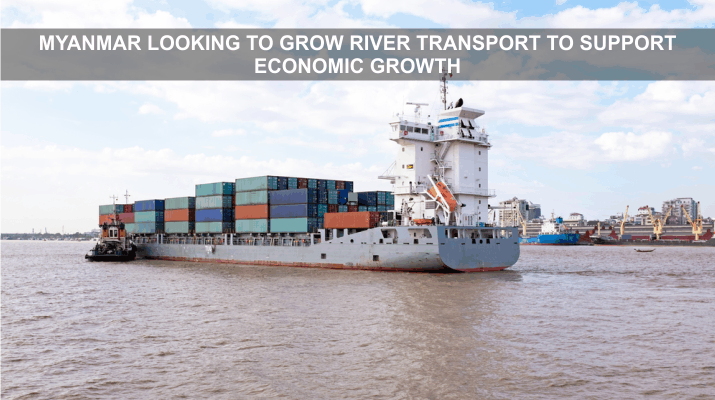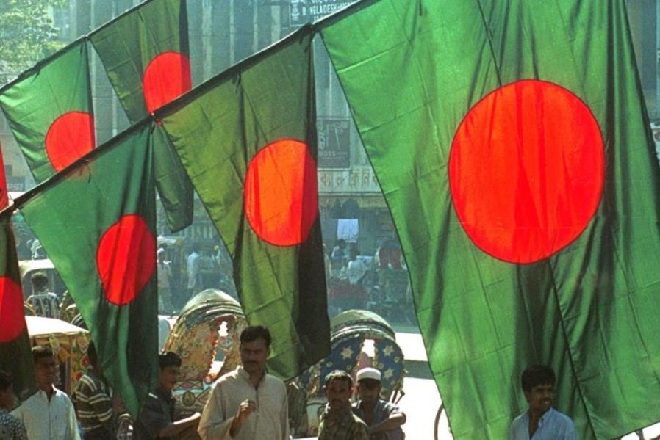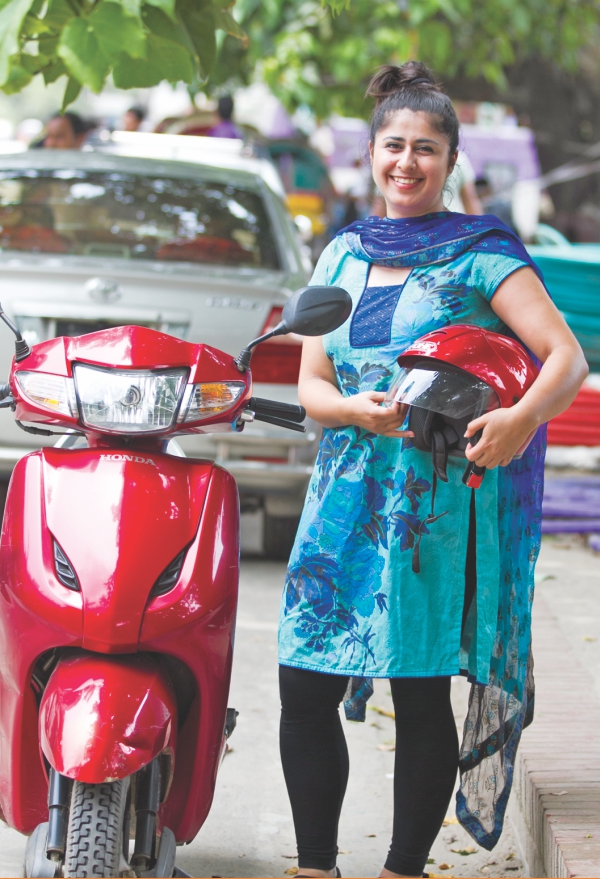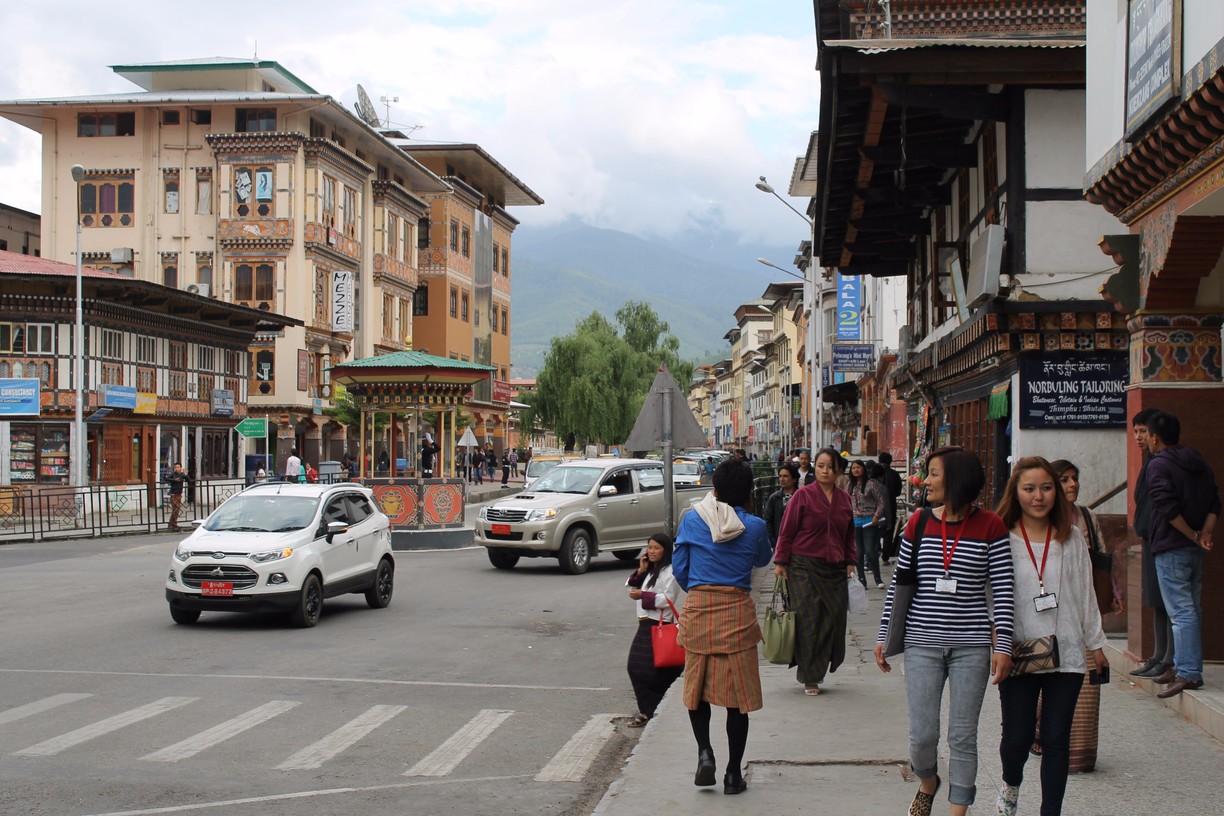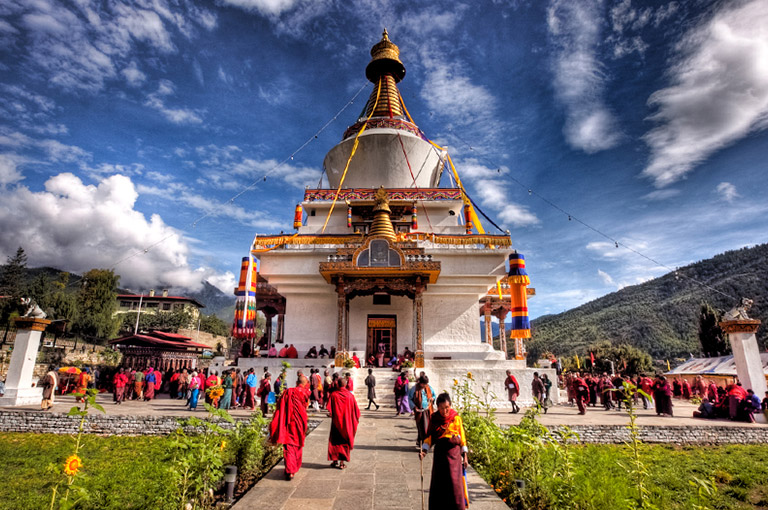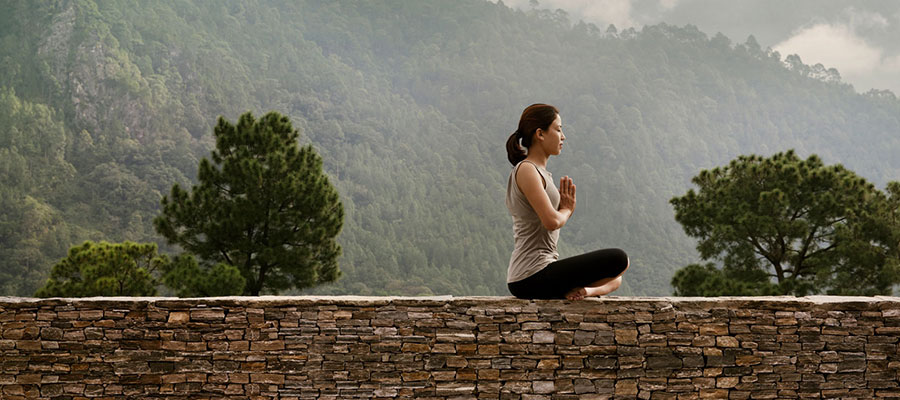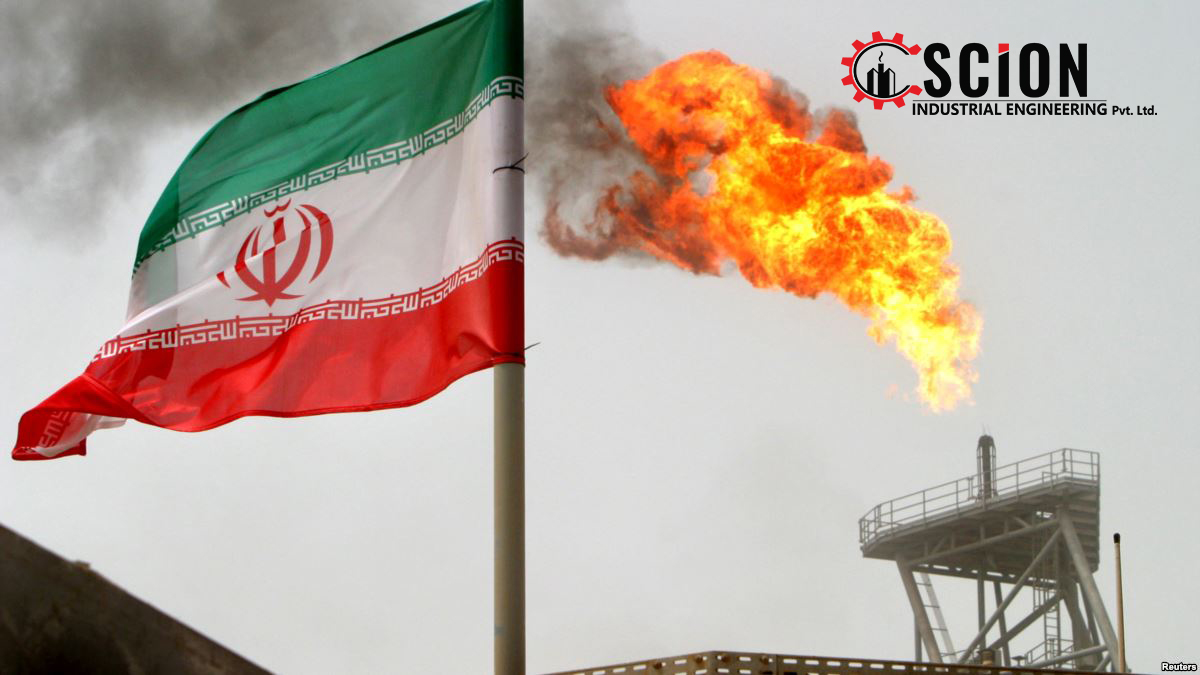Businesses did not have a positive outlook on the Myanmar business sector last year with falling confidence and firms pulling out of Myanmar.
However, with the arrival of a new year, things seem to be looking more optimistic for some sectors.
Our reporters have interviewed insiders and experts from five business sectors on their views on what to expect in 2019.
1 Tourism sector hoping boost from East
With the Ministry of Labour, Immigration and Population relaxing, last year, visa requirements for travellers from East Asian countries, tourism businesses are hoping to see a 50 percent rise in eastern visitors this year.
2 Property demand should be rising
Property transactions are likely to see a pickup in 2019 with better laws expected and payment options to help buyers afford homes now available. Loans with options to repay with interest over periods of up to 15 years are now available, with buyers required to place deposits of up to 30pc for their properties.
3 Banking sector progressing
The banking sector is expected to make strides forward this year as fiercer competition forces banks in Myanmar to level up. Following the decision from the Central Bank, foreign banks are now able to lend to domestic firms in the local currency at the standard lending rate of 13 percent.
4 Oil and gas sector sees emergence of opportunities
The oil and gas sector is looking exciting in 2019, with opportunities emerging from an international tender scheduled to take place early this year for the first time since 2014. The energy ministry is now revising the terms and conditions of production sharing contracts (PSC) that will be offered to the winning bidders in the tender for “Improved Petroleum Recovery” blocks at older oil fields, in addition to offshore and onshore blocks.
5 E-commerce sector high-potential albeit some hurdles
E-commerce is still an untapped environment in Myanmar, as only 1 percent of the population is exposed. So, this is a sector which can generate many business opportunities and investment if it can overcome some challenges.
Scion Industrial Engineering providing all king of industrial engineering spare parts in Myanmaar.
Source:https://www.mmtimes.com/news/five-business-sectors-are-looking-interesting-2019.html

